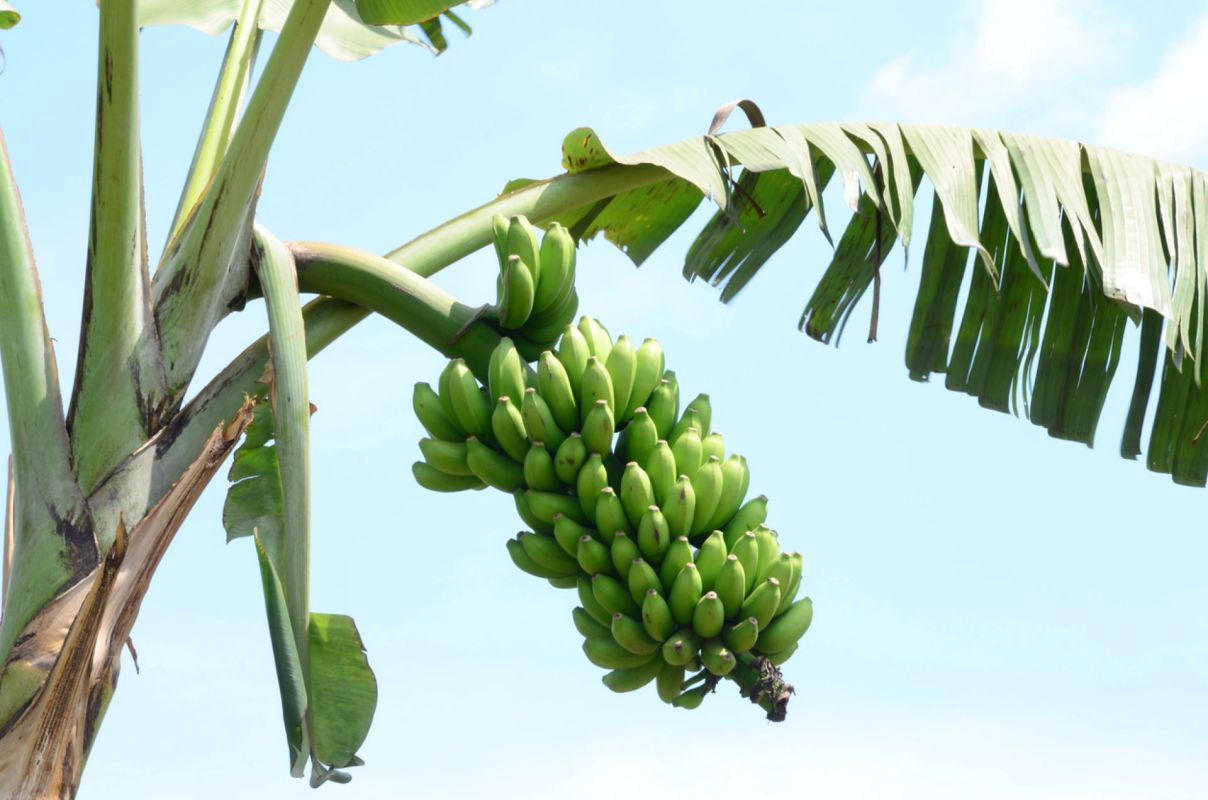Scientists in Uganda have created a genetically modified banana in the hopes of saving thousands of children in the country who die every year from vitamin A deficiency. The new superfruit, however, still has several hurdles to clear before it can begin its life-saving work.
Vitamin A deficiency affects 190 million preschool-age children worldwide and can lead to blindness and immune system failure, sometimes resulting in death. UNICEF has identified Uganda as one of the priority countries for its vitamin A supplementation program.
The "super banana," named Banana21, was created after 20 years of research. Scientists combined a type of banana called the Asupina, which is rich in provitamin A and native to New Guinea, with other types of bananas that are easier to grow and considered better tasting.
Unfortunately, the Ugandan government has yet to approve the sale of genetically modified foods. The government first passed legislation in 2017 regulating biosafety, but the legislation is being revised, and Ugandan President Yoweri Museveni has yet to sign it into law.
Wilberforce Tushemereirwe, the director of the lab where the banana was developed, blamed European nongovernmental organizations for spreading doubts about genetically modified food.
"It's only fears of people who have more than enough to eat, and that fear is being transmitted to people who have no food, who are dying of starvation," he said. "I feel very disappointed and frustrated about the slow political process that is listening more to a small minority of anti-GMO Ugandans who are against the release of provitamin A bananas and not to the science that would have saved children's lives."
There is also the question of whether Banana21, which has an orange tint due to its high concentration of vitamin A, will be accepted by Ugandans. As bananas are already an incredibly important and popular food in Uganda, a new, different version from what people are used to may turn off potential customers.
Bananas are not the only genetically modified food that could gain regulatory approval — in the United States, a genetically modified corn designed to withstand harsh weather was recently approved for commercial consumption.
Join our free newsletter for weekly updates on the coolest innovations improving our lives and saving our planet.









